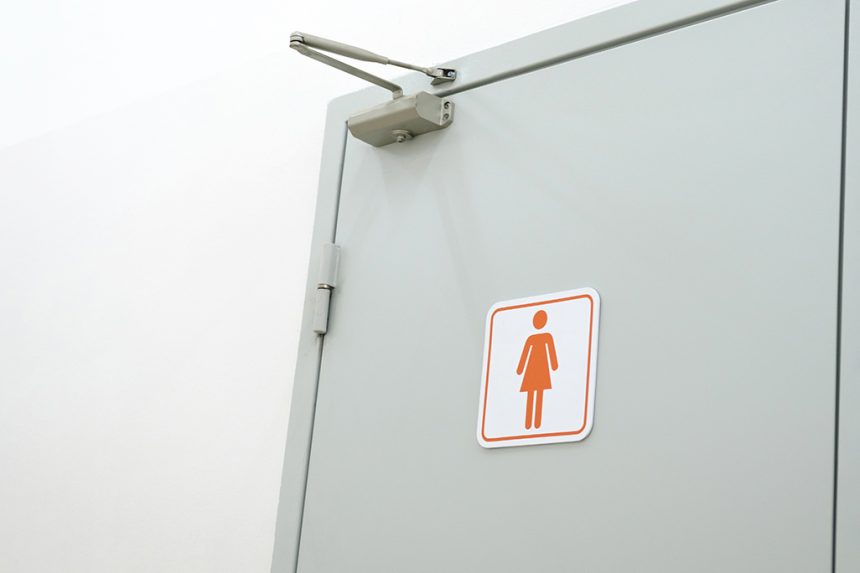JMW Solicitors’ experts cover DVSA Desk-Based Assessments and gender equality for coach and bus operators
I recently had a DVSA Desk-Based Assessment (DBA) and have been marked as “unsatisfactory” in relation to my safety defect and recall system. Can you clarify what is expected in order to achieve a “satisfactory” assessment in this area?
Every DVSA DBA and/or maintenance investigation assesses whether an operator has an effectively managed safety defect and recall system in place.
This requires a proactive system for regularly checking for safety recalls of vehicles, parts or accessories used by the operator.
A reactive system that simply relies on the manufacturer to notify you of safety recalls is not sufficient.
To achieve a “satisfactory” assessment in relation to safety recalls at DBA or maintenance investigation, you are expected to demonstrate that you:
- Regularly proactively check for safety recalls. This should be done when acquiring new vehicles (to make sure new vehicles being brought into your fleet do not have any outstanding recalls) and thereafter periodically. It can be done via the government’s online safety recalls facility. A record of these checks, together with details of the outcome of the checks and any action taken where recalls are identified, should be made and retained as part of your vehicle maintenance documentation.
- Take advice from the manufacturer about the nature and severity of any safety recalls.
- Act promptly to complete rectification work as soon as possible, where your checks identify a safety recall for a vehicle or you receive notification of a safety recall for a vehicle from a manufacturer.
- Record details of any vehicle safety recall and rectification work on the vehicle maintenance file.
- Are aware of how to report any potential safety defects to DVSA.
What are the implications for operators following the Supreme Court judgment in the case of For Women Scotland v The Scottish Ministers, in which the court ruled that, under the Equality Act 2010, “sex” means biological sex, and a “woman” does not include a trans woman with a Gender Recognition Certificate (GRC)?
The Supreme Court unanimously ruled that “man”, “woman”, and “sex” in the Equality Act 2010 refer to biological sex.
This interpretation was deemed necessary for provisions on maternity and pregnancy, ensuring coherence in sex-based protections.
The Court emphasised the need for clear and consistent definitions within the Act.
The judgment clarified that this decision does not reduce protections for trans people under discrimination laws.
The Equality Act 2010 still recognises and protects those with the characteristic of gender reassignment, and trans people are protected against direct discrimination and harassment.
Following the ruling, the Equality and Human Rights Commission (EHRC) issued interim guidance.
Employers must provide single-sex toilets and, where necessary, single-sex washing and changing facilities.
In public workplaces and services, trans women should not use facilities designated for women, and trans men should not use men’s facilities.
The EHRC plans to update its Code of Practice, which will help operators understand and implement their duties under the Equality Act.
Steps operators should take:
- Review workplace facilities, such as toilets, changing rooms, and washing areas, to ensure they are designated based on biological sex. This means single-sex spaces must be clearly marked for biological males and females.
- Operators need to update their equality, diversity, and inclusion policies to reflect the legal definition of sex as biological sex.
- Operators should provide gender-neutral or unisex facilities in addition to single-sex options.
- Operators should engage with staff, particularly those affected by these changes, to address concerns empathetically and confidentially.
- Keeping detailed records of audits, legal advice, risk assessments, and decisions is important for legal compliance and to address any challenges that may arise.
- Operators should stay informed and be ready to adapt their policies once new statutory guidance is issued.
[Answers provided by Laura Hadzik, Partner; and Charlotte Beeley, Senior Associate JMW Solicitors LLP]



























